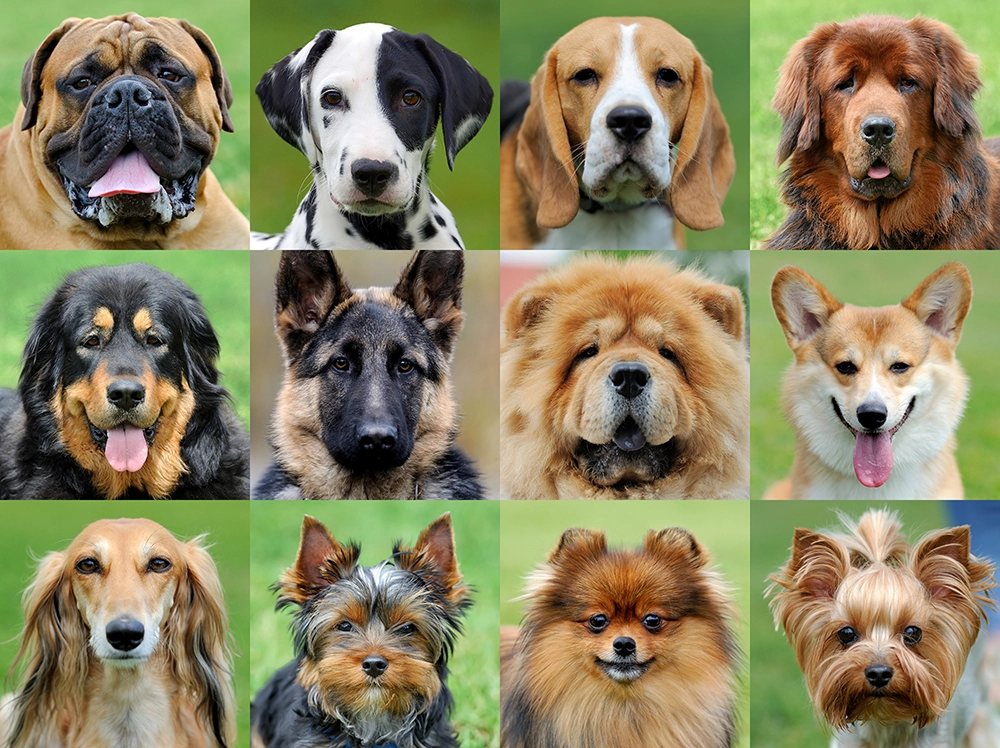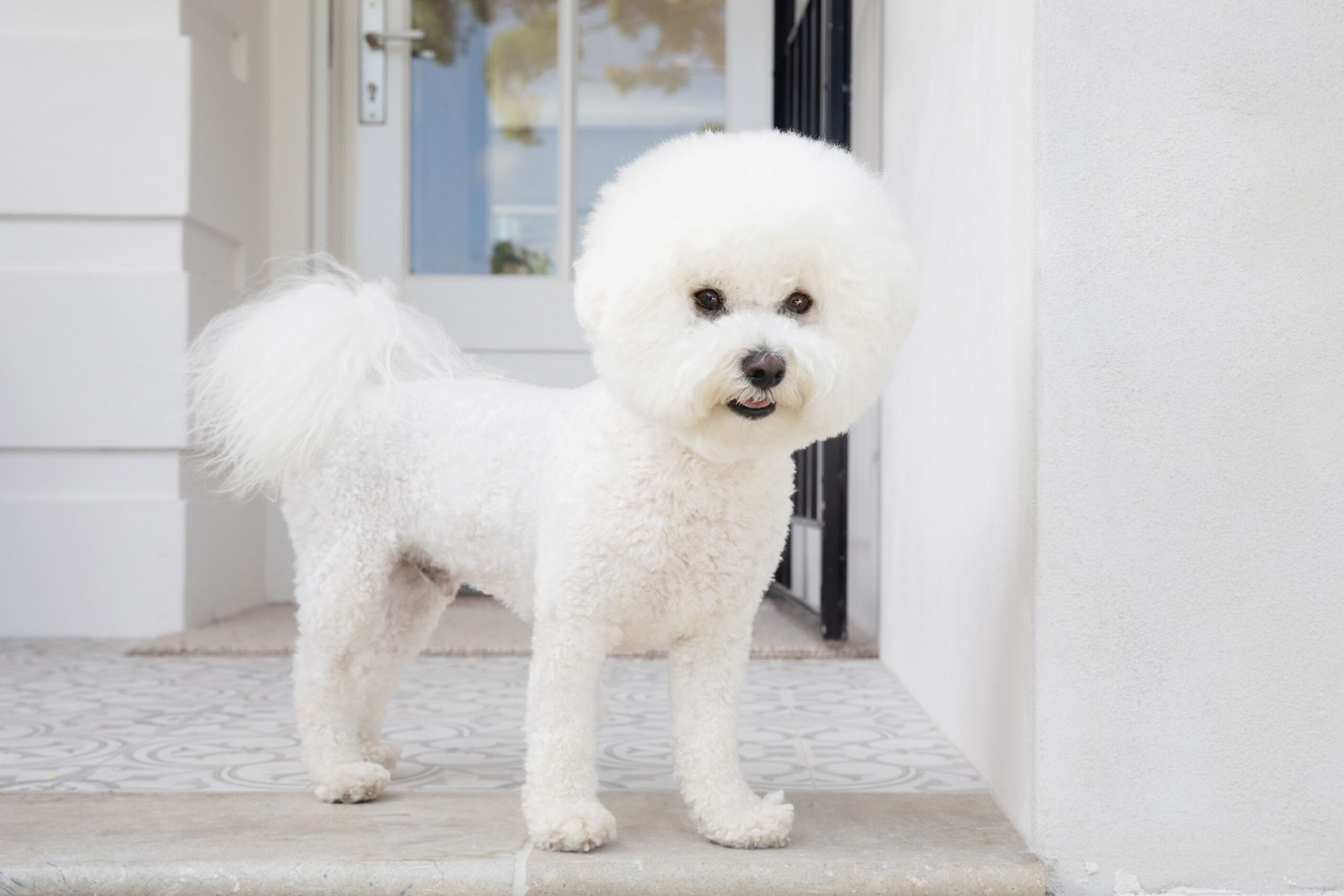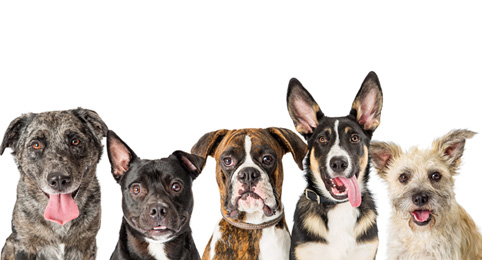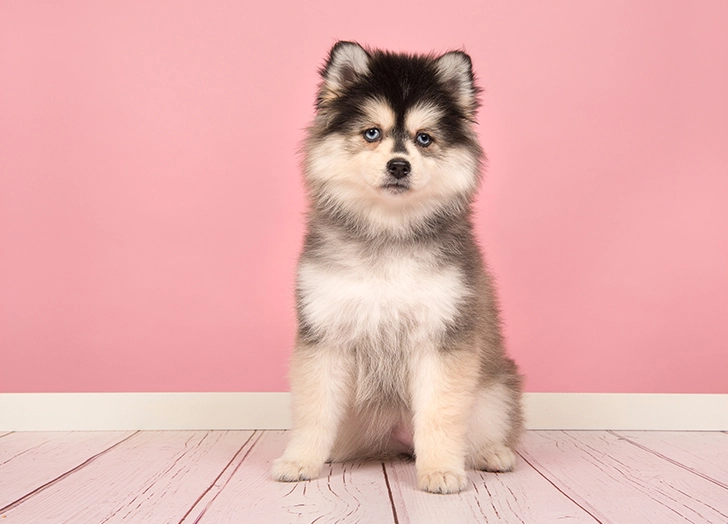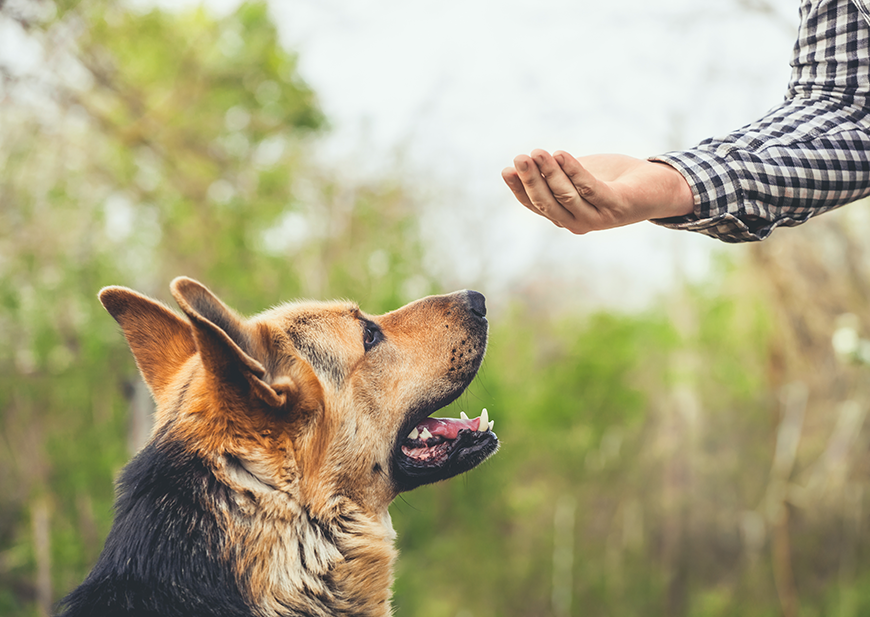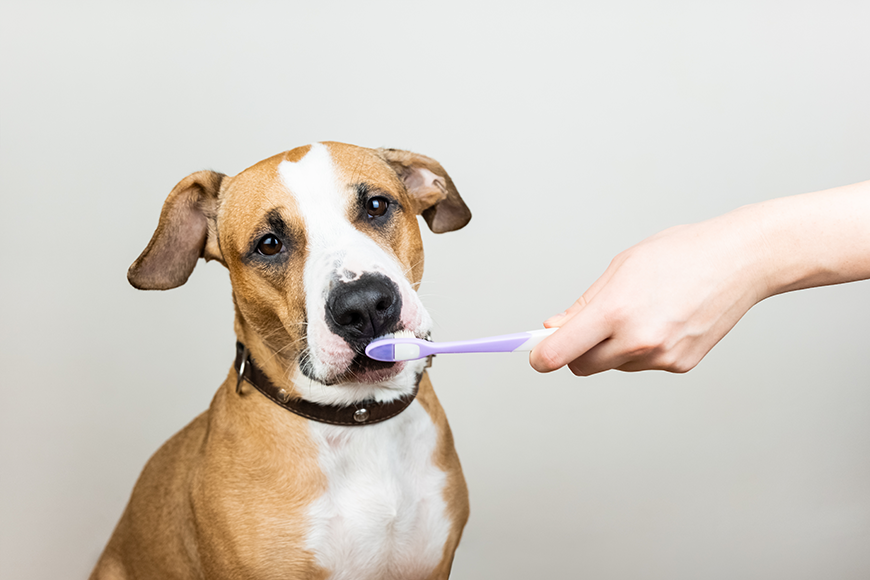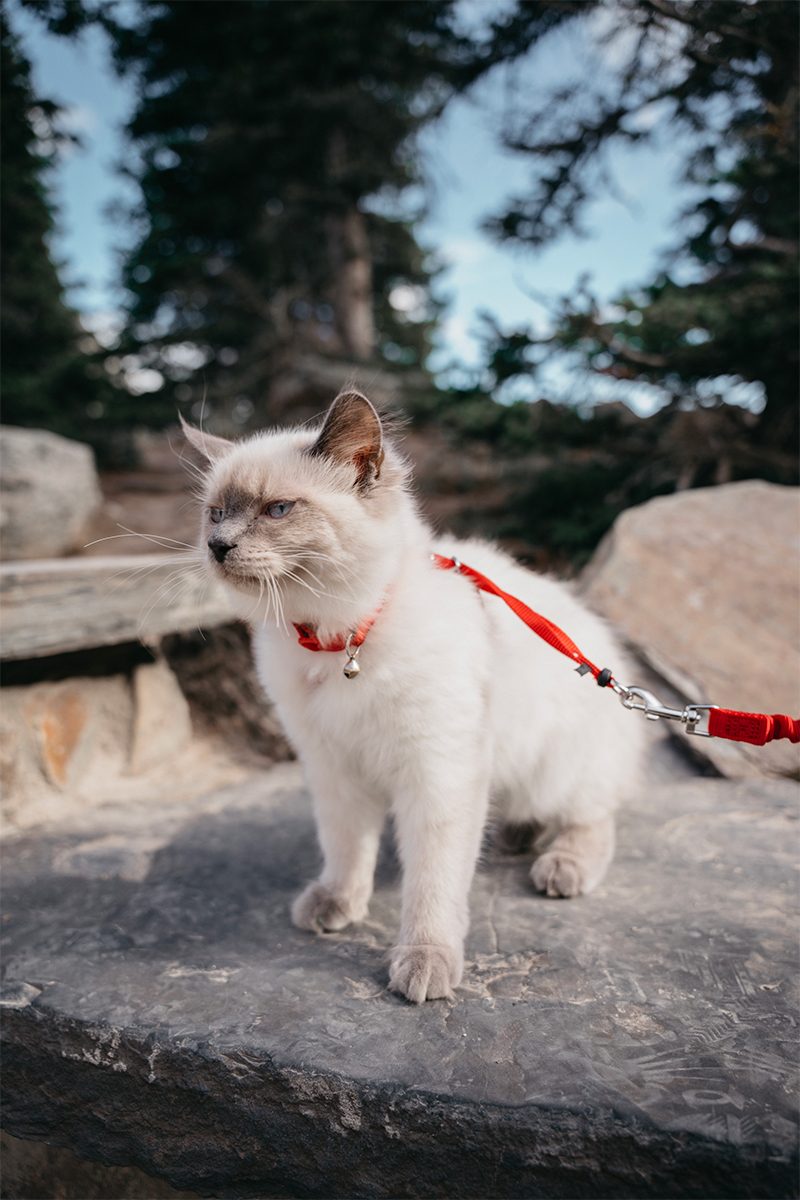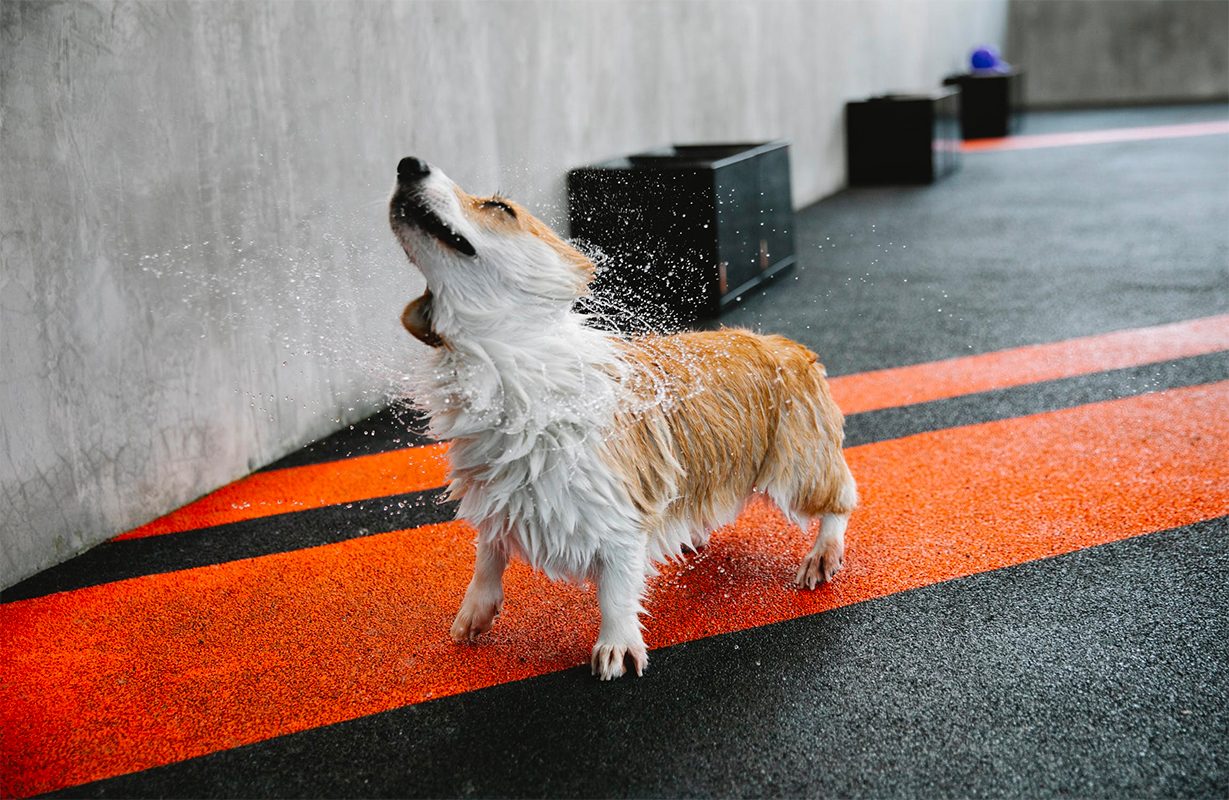How to Choose the Perfect Dog Breed. It takes more than just looking at a friendly face to pick the perfect dog breed for you. Although you may believe you are choosing a particular breed to meet your personal wants, it’s equally important to consider the dog’s needs. Suppose you’re a potential pet owner seeking to provide a dog with a loving home. Are you prepared to select the best dog for you? Deciding to get a new dog is a big one. Before beginning the procedure, be sure you are ready to adopt a dog. You must also know how much owning a dog will cost if you’ve determined the moment now; congrats! Now is the moment to decide which dog breed is best for you.
Before selecting a dog, you need to take into account several variables. Examine your way of life and decide what changes you will make to accommodate a dog, which is most vital. Consider your family’s demands, particularly if you have young children, elderly relatives, or other pets. Although some allergy sufferers will still experience symptoms with these breeds, people with allergies or who like low-shedding dogs may want to consider hypoallergenic dog breeds.
Secondly, consider the perfect age, size, and energy level for your new dog. Please remember that getting a dog typically necessitates a solid commitment to good dog ownership for 10-15 years. Here are some suggestions to assist you in selecting the ideal dog for you and your family.
Size
You might already be set on a large or enormous dog breed or know you want a small lap dog you can carry around. A medium-sized dog might be an excellent option if you can’t decide.
Please remember that some little canines are more fragile and prone to damage. Serious injury can result from being mishandled or stepped on. Little dogs may also be more susceptible to colder temperatures, so be prepared to keep them warm. Due to their diminutive stature, they could also require more frequent feedings and bathroom breaks than some larger dogs, making them have higher maintenance. Little dogs also need obedience training, so keep that in mind! Little dogs are sometimes not trained as consistently since they are simple to pick up and remove bodily from challenging situations. This might result in undesirable habits like snarling, nipping, or a persistent need for attention. Make sure you are equipped to handle this scenario.
Massive canines require a little more room to maneuver. To prevent tail injuries or damage to household items, oversized, happy dogs with long, whip-like tails need a “wagging room.” The cost of the dog is another factor to consider; the more significant the dog, the more expensive dog food, dog supplies, and medical care are. Another important element is training. If you buy a large or giant breed puppy and let him act like a lap dog when he’s young, he’ll grow up to walk all over you!
Degree of Activity
You likely already know that different dogs are more excitable than others. The breed is frequently a determinant of a dog’s activity level; however, breed alone should not be used to predict how active your dog might become. Regardless of breed or size, all dogs require regular exercise, so make sure you can give it to them daily. A lower-energy dog, like a Basset Hound, would probably be best for you if you know you cannot commit to more than one or two casual walks daily. Consider the Border Collie breed if you’re searching for a canine partner for jogging, an agility competitor, or a “disc dog.”
Be prepared to modify the amount of exercise and care you provide your dog if necessary. A dog acting out in various ways, such as digging up your yard, damaging your house, or barking nonstop, may require further training, mental stimulation, and activities. Excessive energy makes a lot of behavioral issues worse. Conducting research and ensuring the dog you want is compatible with your lifestyle is crucial. Many dogs are sadly given up or even put to sleep due to behavioral issues that may result from a lack of socialization, exercise, training, and attention.
Maintenance of the Body
The amount of upkeep required for your dog depends significantly on how he looks. Essential grooming is necessary for all dogs; however, some breeds may need more depending on their coat type. Advanced routine grooming is vital if you obtain a dog with hair that keeps growing. Be prepared to undertake additional cleaning because most short-haired, smooth-coated dogs shed a lot. Specific grooming tools can aid in minimizing shedding.
Know that dogs with long, floppy ears are more likely to get ear infections and may need frequent, in-depth ear cleanings. Furthermore, many small-breed dogs are susceptible to dental illness, which may necessitate pricey operations and devoted regular brushing at home. Moreover, some dog breeds have a propensity for excessive drooling. A “slobber cloth” is frequently carried by owners of species like Mastiffs, Bloodhounds, and related dogs to catch the drool. Pay attention if they shake their heads!
How to Choose the Perfect Dog Breed
Age
Puppies need the most instruction and care, especially during the first six months. Prepare to spend a lot of time training and raising your new dog. Your dog often poops in the house and maybe chews your furniture and personal items. Patience is required, but these issues will eventually disappear with committed training. Also, if you adopt a mixed-breed dog, you should know that your puppy may develop differently than anticipated. This is something to keep in mind, not necessarily wrong.
An excellent option is adult dogs. An adult might be a better option if you want to get a solid sense of your new dog’s actual energy level, attitude, and temperament. You should still anticipate some first-concentrated training since the dog is not necessarily trained just because he is an adult. Many mature dogs, thankfully, have some training and socialization under their belts, so they may readily adapt to their new life in their forever homes.
It’s essential to remember senior dogs! An excellent way to make an old dog happy in its later years is to welcome one into your home. Old dogs, sadly, have a lower chance of being adopted and frequently end up dying in shelters or being put to sleep.
Energy level
If you’re looking for a dog with less energy, a senior dog can be an excellent companion. Yet it’s crucial to understand that your older dog requires particular care and frequent veterinarian examinations and is more prone to experience health issues that need time and money to fix. You must understand that you won’t have as long a relationship with your senior dog as you would with a puppy or adult dog. Consider adopting an older dog if you’re prepared to shoulder the obligations. It might be one of the kindest things you can do for these priceless animals.
Dog breed
There is no denying the popularity of purebred dogs. For various reasons, many individuals are drawn to particular dog breeds. Perhaps you were raised with the breed or have had much experience with it. Maybe you deeply affectionate a specific breed’s appearance and behavior. Alternatively, based on what you’ve read or heard about, you might believe the species is a good fit for you. Do extensive research on the breed if you want a purebred dog. You should decide if you are prepared to face potential difficulties related to temperament, grooming requirements, and health issues. Verify that the breed will mesh well with your family and way of life, including any other dogs. After that, make sure to find a trustworthy dog breeder.
Dogs of mixed breeds
Dogs of mixed breeds might develop into fantastic additions to your household. In many cases, the personalities and physical traits of two or more dog breeds can be balanced out. But remember to prepare for the unexpected, exceptionally if you adopt a “pound puppy.” You cannot predict health issues or your puppy’s exact appearance as an adult. Numerous professionals concur that mixed-breed dogs experience fewer health issues than purebred dogs. They are generally unique and intelligent and make excellent companions. Additionally, by adopting a mixed-breed dog, you typically prevent its euthanasia or lonely existence in a shelter.
History.
You will know the dog’s history if you purchase from a dog breeder. The past can be murkier if you’re adopting from an animal shelter. The past can impact the personality of your dog, who may have been abandoned or even abused. But just because they have a troubled history doesn’t mean they won’t be the ideal dog for you; you have to be prepared to put in the effort.
The French bulldog, Winston, was named by AKC as the most popular breed. The Labrador retriever, the most frequently chosen dog for 2021, lost to the French bulldog this year, like Winston, who visited the “GMA” studio on Wednesday morning. The French bulldog is America’s most popular breed.
Popular Post
How to choose a training
Top tips for caring for
Tips for keeping your cat
Archives
Tags
Email for newsletter
At Pets Mall, we offer premium quality dog and cat food, pet supplies, and vaccination. Get everything you need for your pet!
If you pets need immediate veterinary’s treatment, give us a call and we will send a specialist vet to your home.
- 34 Q Block, Johar Town, Shah Alam Road, Near Ayub Chowk , Lahore
- petsmallpk@gmail.com
- 0301-7475573 , 0313-4343476
COPYRIGHT © PetsMall.pk ALL RIGHTS RESERVED. | DEVELOPED BY DIGIKNOWN




